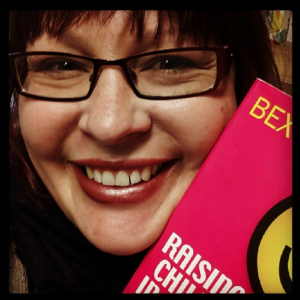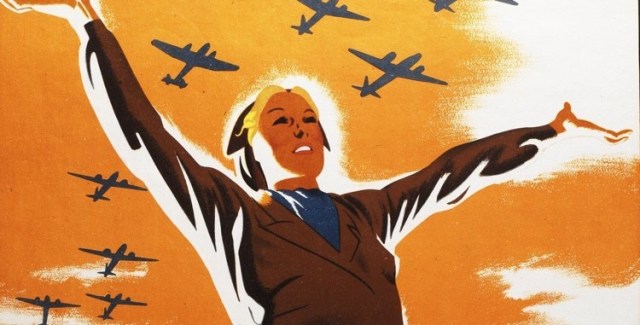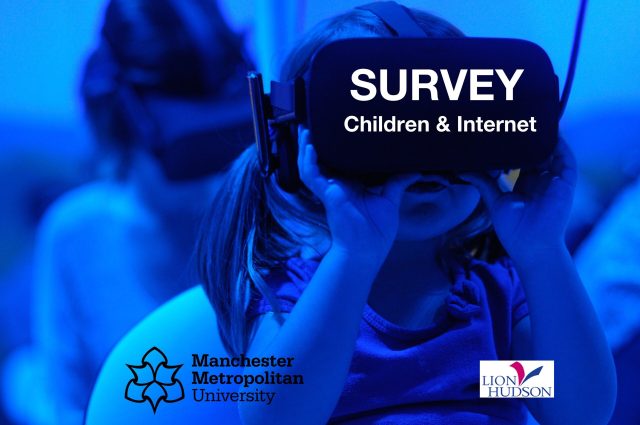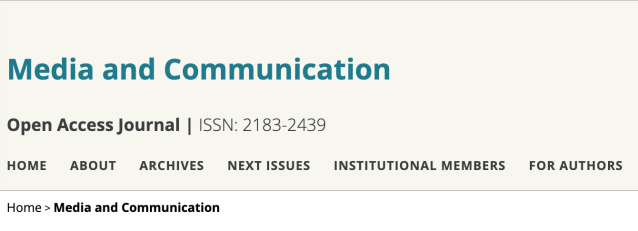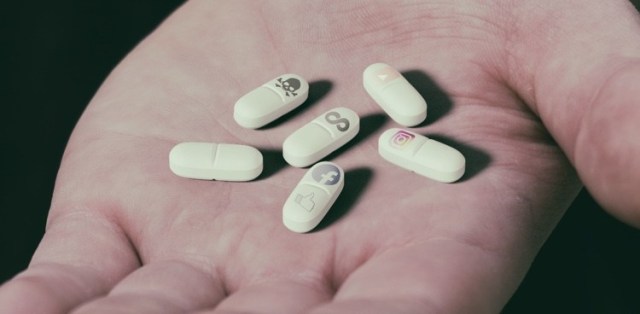WRITER/RESEARCH: PhD Thesis: The planning, design and reception of British Home Front propaganda posters in the Second World War
My Google Alert for 'Keep Calm and Carry On' is going quite bonkers over the last few weeks (see example, and I post some to a Facebook page), and I've also seen comparisons of the current coronavirus crisis with the Second World War, and the need for 'the Blitz spirit' and the need to be 'all in it together', so I thought I'd do an overdue task and re-upload my PhD to my website. The…
